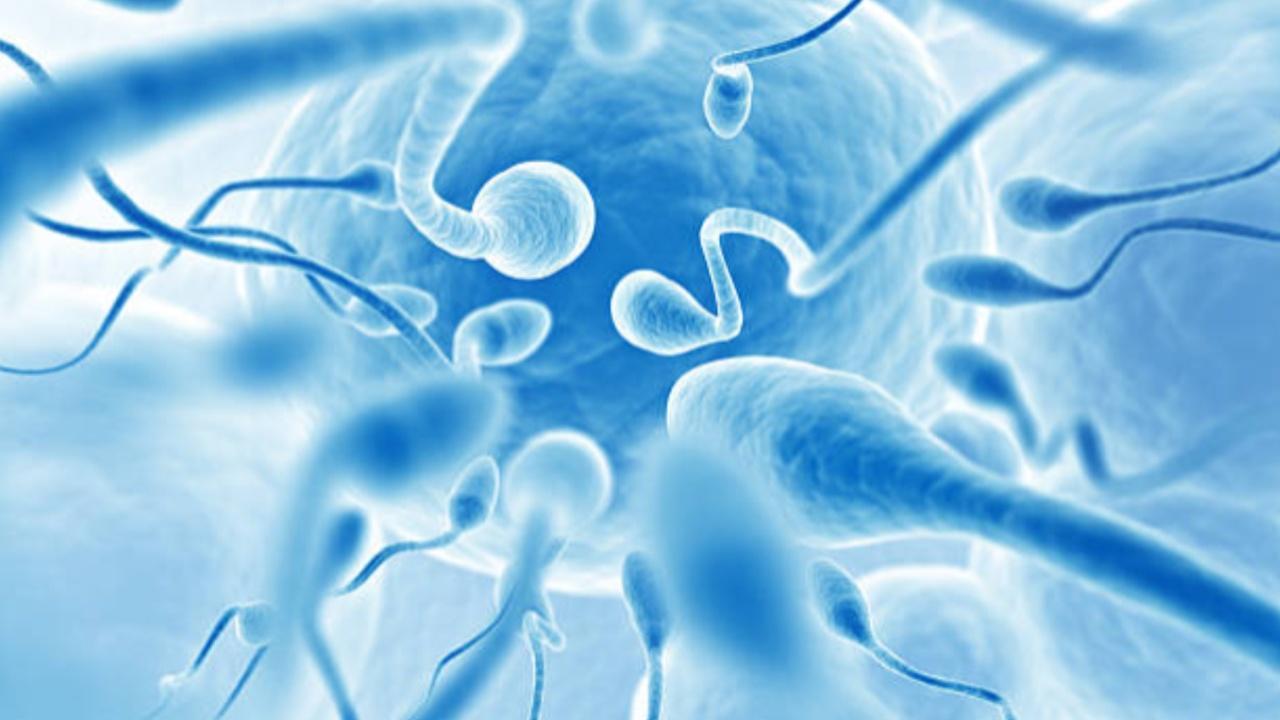Millions of couples worldwide experience infertility with half of the cases originating in men. For 10 per cent of infertile males, little or no sperm are produced

Image for representational purposes only. Photo Courtesy: iStock
New research has shed light on what may be going wrong in the process of sperm formation, helping explain why some men do not make enough sperm to fertilise an egg.
ADVERTISEMENT
Millions of couples worldwide experience infertility with half of the cases originating in men.
For 10 per cent of infertile males, little or no sperm are produced.
The new study from the Stowers Institute for Medical Research in the US, in collaboration with the Wellcome Centre for Cell Biology at the University of Edinburgh in the UK, may lead to potential theories on possible treatments.
“A significant cause of infertility in males is that they just cannot make sperm. If you know exactly what is wrong, there are technologies emerging right now that might give you a way to fix it,” said Stowers Investigator Scott Hawley. In most sexually reproducing species, including humans, a critical protein structure resembling a lattice-like bridge needs to be built properly to produce sperm and egg cells.
The study, published in the journal Science Advances, discovered that in mice, changing a single and very specific point in this bridge caused it to collapse, leading to infertility and thus providing insight into human infertility in males due to similar problems with meiosis.
Meiosis, the cell division process giving rise to sperm and eggs, involves several steps, one of which is the formation of a large protein structure called the synaptonemal complex.
“A significant contributor to infertility is defects in meiosis. To understand how chromosomes separate into reproductive cells correctly, we are really interested in what happens right before that when the synaptonemal complex forms between them,” explained Hawley Lab and Wellcome Centre investigator, Owen Davies.
The authors used a precise gene editing technique to make mutations in one key synaptonemal complex protein in mice, which allowed the researchers, for the first time, to test the function of key regions of the protein in live animals.
Just a single mutation, predicted from the modeling experiments, was verified as the culprit of infertility in mice.
“We focused on a tiny little region of one protein in this gigantic structure that we were pretty sure could be a significant cause of infertility,” said Hawley.
“What is really exciting to me is that our research can help us understand this really basic process that is necessary for life,” Billmyre added.
This story has been sourced from a third party syndicated feed, agencies. Mid-day accepts no responsibility or liability for its dependability, trustworthiness, reliability and data of the text. Mid-day management/mid-day.com reserves the sole right to alter, delete or remove (without notice) the content in its absolute discretion for any reason whatsoever
 Subscribe today by clicking the link and stay updated with the latest news!" Click here!
Subscribe today by clicking the link and stay updated with the latest news!" Click here!







